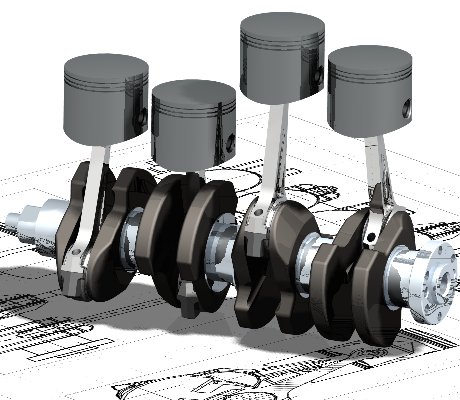I have certain articles I send clients and potential clients in response to their questions about China manufacturing. One of my favorites (and the one I send when anyone asks a question relating to what it is like dealing with a Chinese factory) is Ok, so it doesn’t meet your standards….so what? because it so accurately describes the aggravations of dealing with Chinese factories.
In Sampling Strife, JLMade vividly describes how difficult it is to get Chinese factories to make good product:
The sticky thing about controlling orders in China is that you can give the factory a list of 9,999 things to do and not to do, but they will still find something that’s NOT ON THE LIST!
You’ll see factories make decisions that, in a million years, you would not have considered they would make. Something random, such as change the color when no color change was ever discussed, mentioned or needed.
Their response: “Well if you didn’t want it that way, then you should have told us. You should have given us 10,000 points of control instead of 9,999!”
Dayton’s article starts out by quoting the response of the three Chinese factories when confronted about their quality control problems:
- “Sorry it is not the same as the sample. We hope you’ll accept it anyway.”
- “Your QC is too strict. No one can expect to be 100%.”
- “This is still within tolerance levels.” (No tolerance levels were ever given.)
Dayton then notes how all three factories then “moved to the dreaded show-down level of negotiations: “We won’t make it again. You can accept this standard or cancel (part of) your order.”
In one case, the Chinese factory completely backed down when Dayton refused to do so. The factory blamed the QC problems on a manager Dayton had never met but who had supposedly been in charge of the project. Per Dayton, the Chinese factory eventually fired this alleged manager to save face and then redid the project correctly “and the exchange was relatively pleasant and not too confrontational, all things considered. Of course they ended this round of negotiations with ‘OK, but next time the price has to go up'”
If you have never dealt with a Chinese factory, you no doubt are having a tough time believing this sort of thing goes on. But if you regularly deal with Chinese factories, this same sort of thing has no doubt happened to you countless times. I am not sure if I can remember a quality control problem that a Chinese factory did not blame on a non-existent person who they allegedly just fired or on an unidentified subcontractor that allegedly made the product. But as Dayton points out, the goal is to remedy the problem, not to make sure the Chinese company loses face.
Dayton then discusses how he oh so logically handles the “we didn’t really believe you when you said you were going to be this strict” line:
Whenever we hear this our questions are always the same, 1. If you can’t meet this standard in production, why did you sign a contract saying you could (and why did you repeatedly tell us you could)? 2. How come you can do it for a sample but not for production (and if it is a different process, why did you bid on one process but plan on using another).
Dayton concludes his post by noting how “few and far between are the factories that admit that they over-estimated their abilities and give you your money back”
My law firm’s international manufacturing lawyers just about every week hear from companies wanting to sue their Chinese product suppliers. We usually politely hear the foreign company out and then explain unless they have a well-crafted China Manufacturing Contract that sets out the quality standards for the product, they probably do not have a good case.
What have you experienced?

























